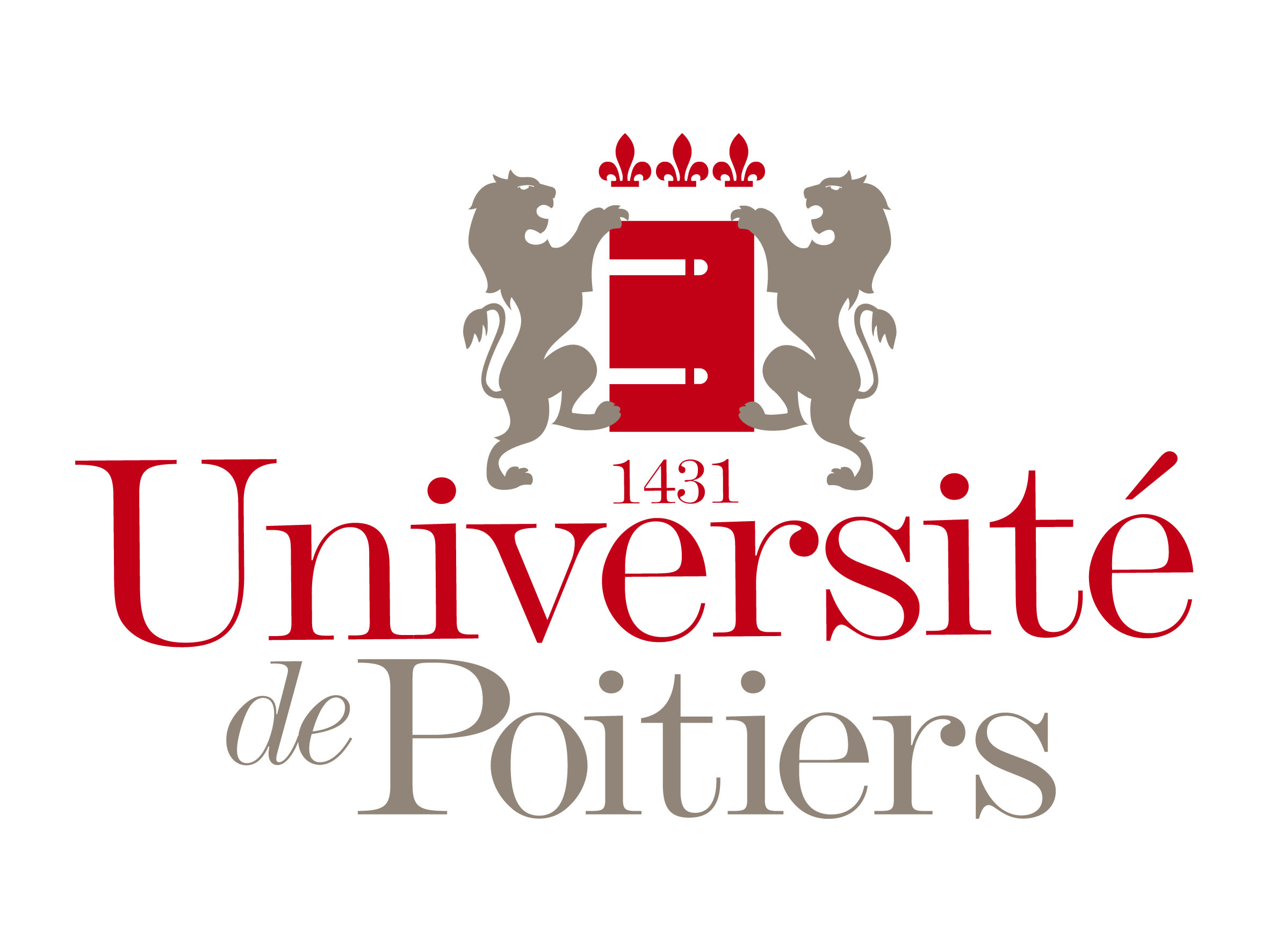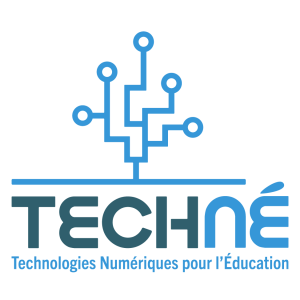Measuring Similarity of Educational Items Using Data on Learners’ Performance and Behavioral Parameters: Application of New Models SCNN-Cosine and Fuzzy-Kappa
Résumé
Currently, educational systems typically contain a wide range of items drawn from students' learning experiences, questions, problems, and other items. They are collected using modern computer-assisted learning platforms. These items can be grouped into Knowledge Components (KCs) using a similarity measure based on the learner's performance and the number of correct or incorrect answers. This approach leads to wrong assignment of items to the cluster with less interpretation of learners' skills. Consequently, looking for other performance parameters to enhance accuracy has become paramount. The subject's ability to respond to each item called latent trait includes hints, attempts and time response, which can ensure better accuracy and enhance clustering of different items into KCs. In this paper, we propose new similarity models based on combining Siamese Convolutional Neural Network (SCNN), cosine similarity and fuzzy logic systems for Kappa inter-rater agreement. These models aim to achieve efficient item grouping based on learners' performance and behavioral parameters. The proposed approach has been tested on Algebra and French Language datasets to experiment its performances. Experimental findings show the superiority of SCNN-Cosine in terms of clustering analysis measured by ARI, correlation, Calinski-Harabasz and Davies-Bouldin indices, less complexity and faster response, compared to Fuzzy-Kappa.
| Origine | Publication financée par une institution |
|---|



